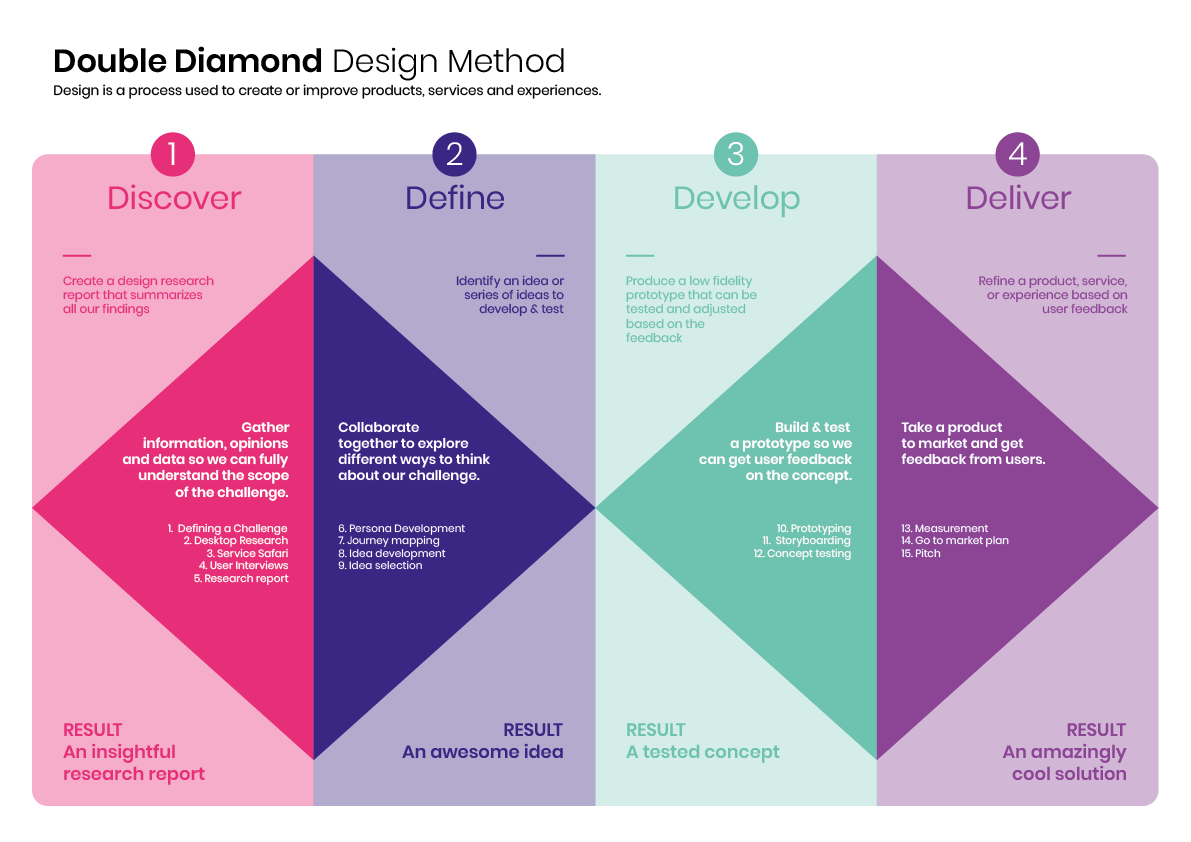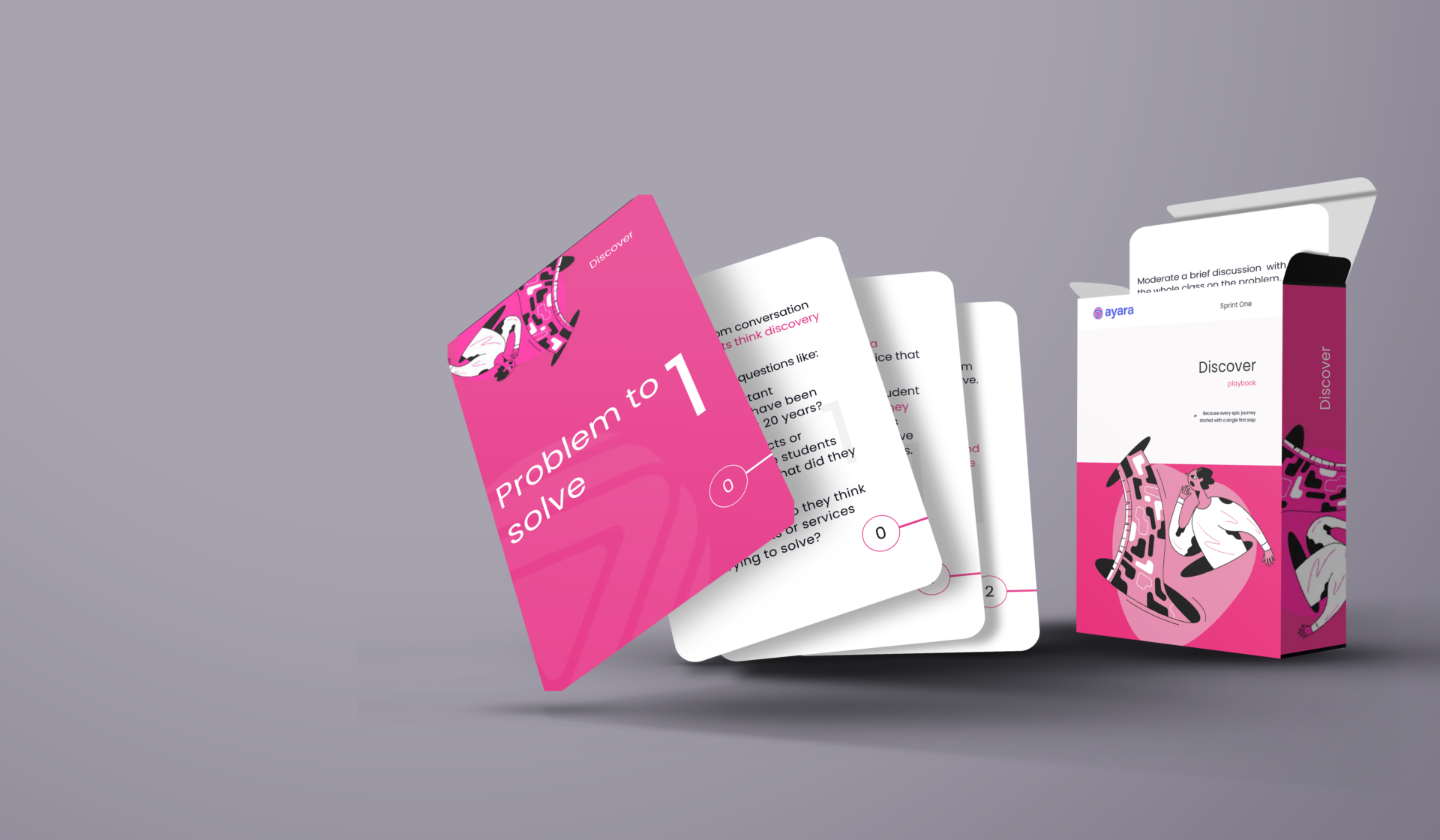Since the National Education Association revised its skills strategy for students in K12 to focus on the 4C’s, there has been a lot of conversation, articles, and publications on the topic.
In addition, The World Economic Forum takes the view that we need to revolutionize how we learn if we are to effectively reinvent the workforce of the future. Their widely published “Future of jobs report” highlights the need for the education system to focus on “human’ skills.” These skills, including creativity, originality, initiative, critical thinking, and complex problem-solving, should play a leading role in student education.
More importantly from a developmental perspective, creativity, not conformity, is the brain’s natural state of being. Conformity is rewarded in the current schooling system. Creativity is rewarded in the job market. This might explain why
“Steve Jobs finished high school with a 2.65 G.P.A., J.K. Rowling graduated from the University of Exeter with roughly a C average, and the Rev. Dr. Martin Luther King Jr. got only one A in his four years at Morehouse” says Dr Adam Grant, well-known author & psychologist. Enhancing students’ creativity should be non-negotiable.
So how do you take the 4C’s and land them in a practical and engaging way for students in both physical and online education models?
Creativity, critical thinking, collaboration and communication are all learnt skills, they are not innate. They are best practiced and experienced through applied subjects. One of the best ways to do this is by teaching students design. Design is an act, an act of improving or creating products, services and experiences that move humanity forward. On top of that, it seeks to redress the imbalances of the past.
Design is a framework for collaborative problem solving, but not often taught to students until they reach graduate or postgraduate level. Additionally, practicing design helps develop thoughtful, environmentally sensitive, human beings that have a broad understanding of how to show up in the world.

The Ayara team spent the last 18 months working with experienced designers, skilled educators and over 100 students to develop a fun, easy to follow, step by step process to teach design to students from middle school upwards, that’s aged 11 up in most countries.

Each step of the design journey is accompanied by illustrative lesson plans, short videos, easy to use templates and collaborative method cards.
Our BETA program for design launches in July 2020 and will be limited to 500 educators. Each educator will receive in-depth training and become an AYARA certified educator. Join the movement today!

